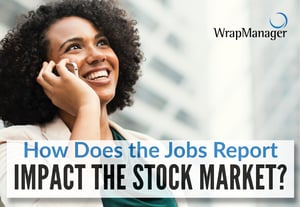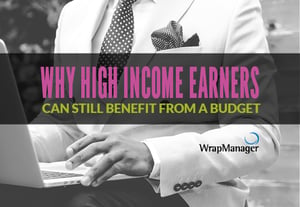When a person leaves a job to retire or to join another employer, there are often decisions about what to do with your 401(k). Should you leave it where it is, and just not mess with it? Should you roll it over to your new employer’s plan? Should you roll it into an IRA?
Those three questions, in fact, present three distinct options for an investor to potentially choose from. In this post, we’ll examine each option, detail the pros and cons, and in the process, hope to provide you a road map for how to successfully manage your 401(k).
After all, there’s no reason for an investor to not do something with their 401(k) because it just seems too hard to move without incurring penalties. Our biggest suggestion though is that – unless it’s absolutely necessary – you resist the temptation to cash out. Cashing out of a 401(k) and taking it as a distribution means potentially incurring a sizable tax burden, and if you are under the age of 59 ½ your distribution will also be subject to an early distribution penalty of 10% unless an exemption (such as medical costs) exists.
[+] Read More

















